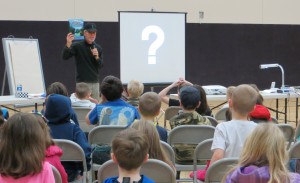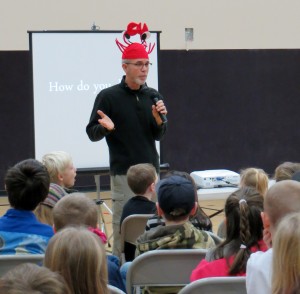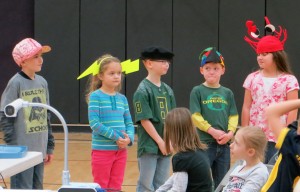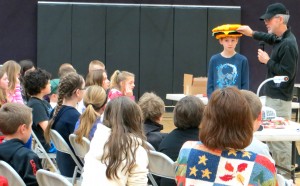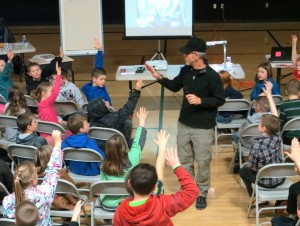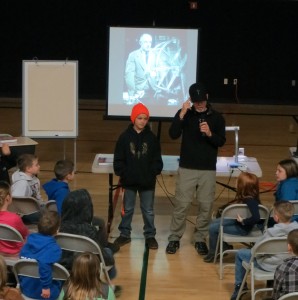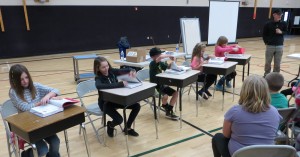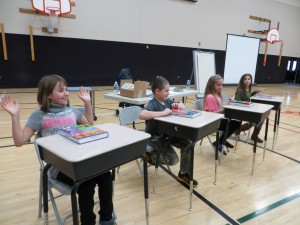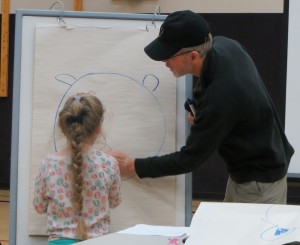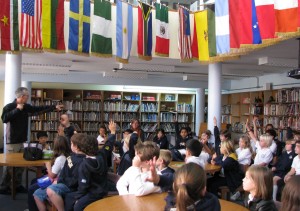A Year Without Christmas?
Christmas is one of America’s most celebrated holidays. It’s hard to imagine a year without it. But that’s what happened back in 1918. Almost.
The United States was at war, World War I – the Great War. To assist the armed forces, President Woodrow Wilson created The Council of National Defense, made up of six key members of his cabinet. Wilson charged the Council with the essential task of allocating national resources for the war effort. One of the Council’s ideas was to ban the sale of toys for Christmas in 1918.
When U.S. toy manufacturers learned about this, they knew they had to act. Not only was the future of Christmas in jeopardy, but their businesses as well. They decided someone would have to go and plead their case to the Council. The toymakers chose A.C. Gilbert.
Alfred Carlton Gilbert was one of the foremost toy manufacturers of the day. His construction kits, called Erector Sets, had been introduced in 1913, and helped launch the American toy industry. No longer were toys made at home or imported form Europe. Gilbert’s toys had educational value, too.
When Gilbert arrived in Washington to speak to the Council, he had a plan and a sack filled with toys. When it was his turn to speak,
Gilbert told the men about the value of toys and the great influence they have on children. He told them about the role toys play in helping children choose careers that support the nation. And then, he took the toys out of the sack.
The toys transformed the meeting. Men became boys again as they took to the floor and played with the toys. Secretary of the Navy Josephus Daniels took to a toy submarine, Commerce Secretary William Redfield played with a steam engine, all of the men talked and laughed.
The meeting scheduled to last fifteen minutes went on for three hours. At the end, the Council voted against banning toys for Christmas. The next day the Boston Post reported the results of the meeting on its front page, along with a photograph of A.C. The caption read “The Man Who Saved Christmas for the Children.”
A year without Christmas? It’s still hard to imagine what that would have been like. But, thanks to A.C. Gilbert, we don’t have to.
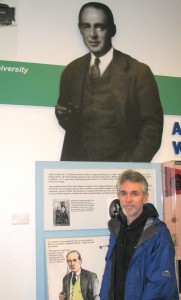
A.C. and Me

